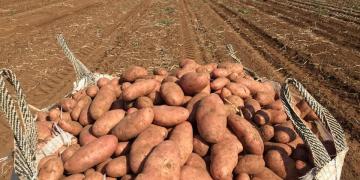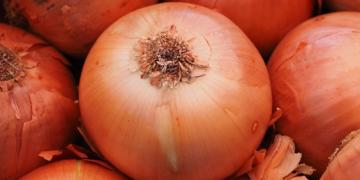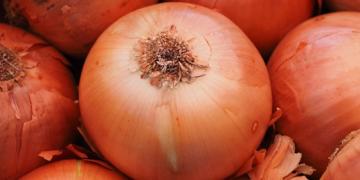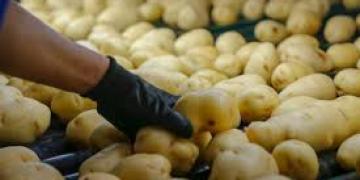Spain: The Canary Islands have lost 30% of their potato acreage in ten years.
Quintero proposes in Parliament that producers should not be paid less than 1.05 euros per kilo, a provision that could be introduced into the food chain law.
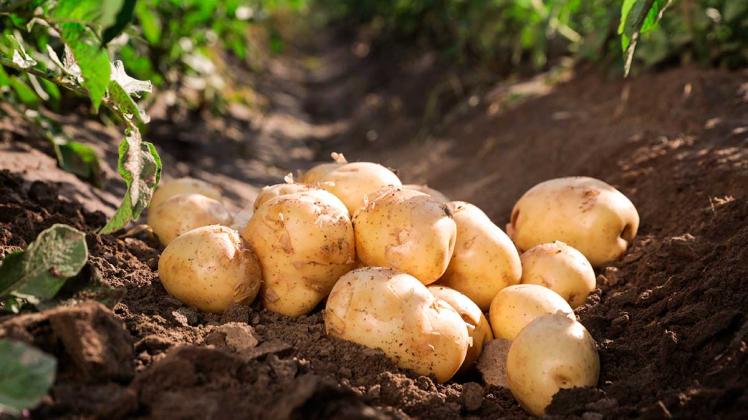
The area devoted to potato cultivation in the Canary Islands has decreased from approximately 5,000 hectares in 2014 to 3,500 in 2024, a 30% decrease in ten years, stated yesterday the Regional Minister of Agriculture, Livestock, Fisheries, and Food Sovereignty, Narvay Quintero. In the parliamentary committee, he expressed his support for establishing official potato production costs, ensuring that prices cannot fall below €1.05 per kilo. In response to a question from Francisco Linares, a member of the Canary Islands Nationalist Group (CC), the regional minister pointed out that, as this is a free market, this provision could be included in the national chain law.
Quintero acknowledged that the rainfall in recent months has been very beneficial for potato cultivation and noted that there are approximately 1,180 potato producers in the Canary Islands, almost half of whom have received drought aid from the previous two years for seed purchases. The aid was paid in June of last year, and the plan is to do the same in 2025, so the entire crop will be paid this month.
Asked by Javier Nieto (Vox) about actions to protect farmers against the Mercosur agreement, the minister responded that there have been calls for mirror clauses so that products entering Europe comply with EU regulations. He added that this agreement with Argentina, Brazil, Paraguay, and Uruguay must be ratified by national parliaments and then by the European Parliament for ratification or rejection. Cristina Calero (CC) raised the issue of the delay of more than three years in the payment of POSEI subsidies, intended to offset the additional costs borne by fishermen.
Quintero explained that the change in regulations has modified the terms and conditions, delaying payment. The amount owed has been owed since 2022. The plan is to pay 2022 in July of this year, and 2023 in December. Next year, 2024 and 2025 will be paid.
Manuel Abrante (PSOE) expressed interest in improving the Eco-Dining Room program in public centers, both schools and other public facilities. Narvay Quintero argued that it is not a specific program, but rather a change in the food model, which began 11 years ago and is coordinated with the Department of Education, but also aims to be implemented in collaboration with the Department of Health.
Regarding the criteria for granting aid to farmers in El Hierro affected by the December 2024 windstorm, the councilor indicated, at the request of Juan Manuel García (PP), that the regional government can only pay for structural damage. Therefore, they requested reports from the councils of La Palma, La Gomera, Tenerife, and El Hierro, the last of which was sent later and only referred to the La Frontera Valley.
Before Nayra Alemán (PSOE), he apologized for the delay in starting the process of declaring cochineal as a food.
Fuente:

